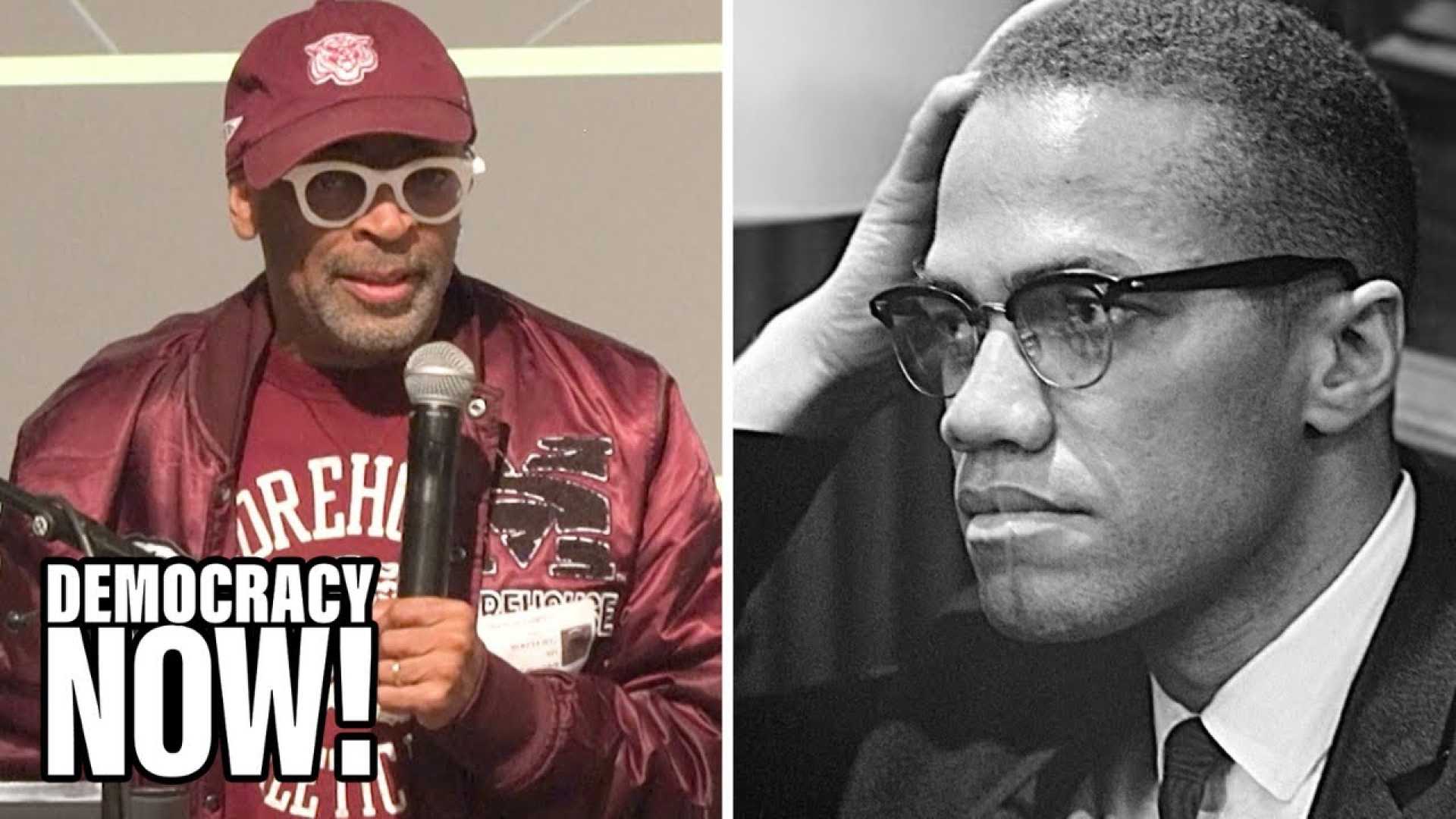Entertainment
Spike Lee on Malcolm X’s Enduring Legacy 100 Years Later

Brooklyn, New York – On the eve of Malcolm X‘s 100th birthday, filmmaker Spike Lee discusses the lasting impact of the civil rights leader. Malcolm X, born May 19, 1925, remains a vital figure in American history, as explored in Lee’s acclaimed 1992 film, “Malcolm X.”
Lee recalls how the film resonated with audiences and inspired a new generation to engage with Malcolm’s powerful message. He first encountered Malcolm X’s life story as a child, profoundly influenced by his mother, who had him read “The Autobiography of Malcolm X.” “It is the most important piece of writing I have ever come across,” Lee has often stated.
The significance of Malcolm X’s life is magnified in the context of today’s struggles against racism. Lee notes the stark similarities between the civil rights movement of the 1990s and current issues facing marginalized communities. He describes the release of his film during a time of social turmoil, paralleling it with today’s pressing challenges.
Lee refers to powerful moments in recent history, such as the brutal beating of Rodney King in 1991 and the murder of George Floyd in 2020. These incidents highlight systemic injustices that continue to plague America, making Malcolm X’s message of empowerment and equality even more relevant.
In discussing his creative process for “Malcolm X,” Lee reveals the challenges he faced in getting the film made, including resistance from studios and the necessity of gathering Black investors to fund his vision. His commitment to telling Malcolm’s story mirrors the larger racial struggles in America.
The film’s portrayal of Malcolm X is further underscored by Denzel Washington‘s performance, which earned an Oscar nomination. Lee recalls the emotional depth Washington brought to the role, noting, “When we were doing that film, we weren’t seeing Denzel, we were seeing Malcolm.”
As Lee reflects on Malcolm’s evolution from a prominent figure in the Nation of Islam to a more inclusive advocate for justice, he emphasizes the importance of understanding the complexity of Malcolm’s life. “He grew into a voice for all who sought freedom and justice,” Lee states.
Malcolm’s assassination on February 21, 1965, in New York City ended his life at age 39 but not his legacy. Lee’s film captures the essence of Malcolm’s journey, leaving audiences to ponder his enduring relevance. “I struggle to recount filming Malcolm’s assassination scene; it was a heavy moment for the cast and crew,” Lee admits.
As America approaches the centennial of Malcolm X’s birth, both Lee and audiences continue to find inspiration in his life and message. Lee reminds us that the fight for equality and understanding remains ongoing, and Malcolm X’s spirit persists in the efforts of those who stand for justice today.












